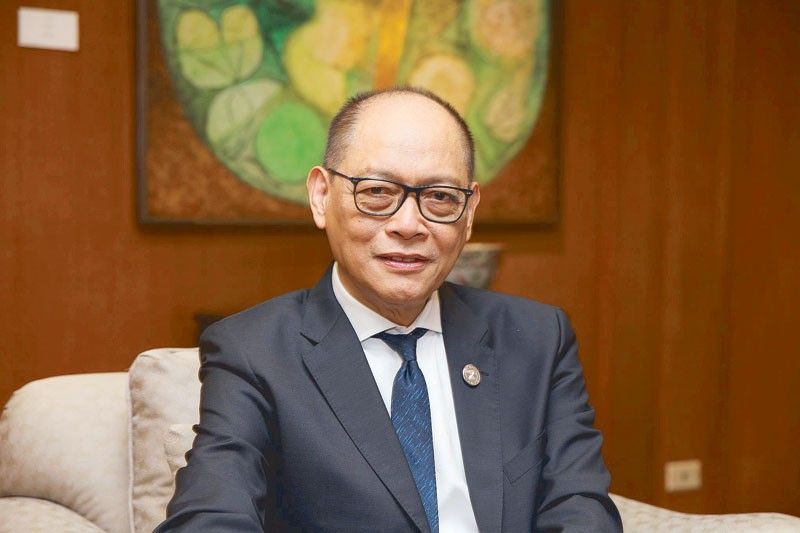Government cool on tapping IMF fund

MANILA, Philippines — The Philippines is not keen on tapping the International Monetary Fund (IMF) for much needed funds to combat the economic fallout from the coronavirus disease 2019 or COVID-19 pandemic, according to the Bangko Sentral ng Pilipinas.
BSP Governor Benjamin Diokno said there is no apparent and immediate need to tap the IMF’s short-term liquidity line (SLL) as the country entered the unprecedented health crisis on solid footing, as indicated by its robust foreign exchange reserves and stable peso.
“As I said before, structural reforms and sound economic management have helped the Philippines enter the COVID-19 crisis from a position of strength,” Diokno said.
The BSP chief cited the country’s robust balance of payments (BOP) surplus as well as hefty gross international reserves (GIR) level and the stable peso.
The SLL is a new borrowing facility offered by the IMF to help its members weather the economic fallout from the coronavirus pandemic.
It is designed to be a liquidity backstop for members with very strong policy frameworks and fundamentals who face potential, moderate, short-term liquidity needs because of external shocks that generate BOP difficulties.
Diokno said the country’s GIR stood at a record high of $88.99 billion as of end-March, enough to cover 7.9 months’ worth of imports of goods and services and payments of primary income.
The forex buffer is also equivalent to 5.3 times the country’s short-term external debt based on original maturity and 3.8 times based on residual maturity.
The GIR is the sum of all foreign exchange flowing into the country. It serves as buffer to ensure that the Philippines does not run of foreign exchange to use to pay for imported goods and services, or maturing obligations in case of external shocks.
Likewise, the Philippines recorded a BOP surplus of $7.84 billion as end-December, the highest in the last seven years. This is two times higher than the $3.7 billion surplus projected for this year.
The BOP is the difference in total values between payments into and out of the country over a period. A surplus means more foreign exchange flowed into the country from exports, remittances from overseas Filipinos, business process outsourcing earnings and tourism receipts than what flowed out to pay for the importation of more goods, services and capital.
The Philippines has managed to build up its foreign exchange buffers to survive external headwinds.
Diokno also said the peso remains stable and has outperformed most of its peers.
“Year-to-date as of May 15 the peso has outperformed most of its peers in the region which is least depreciated and second only to the Taiwanese dollar, which is the only currency that appreciated versus the dollar,” he said.
- Latest
- Trending




























